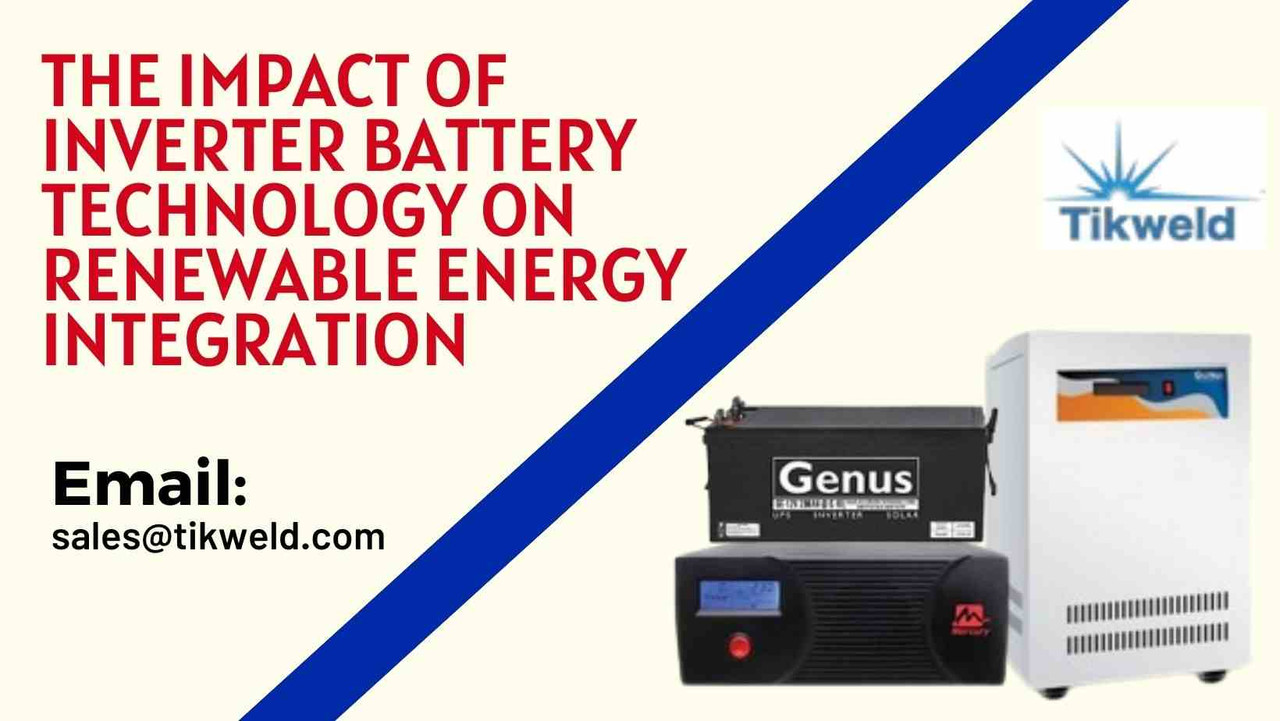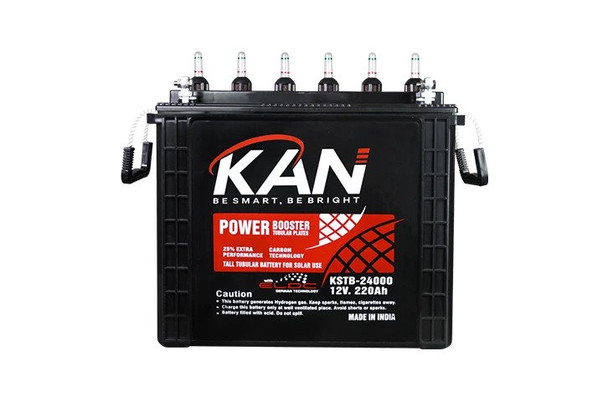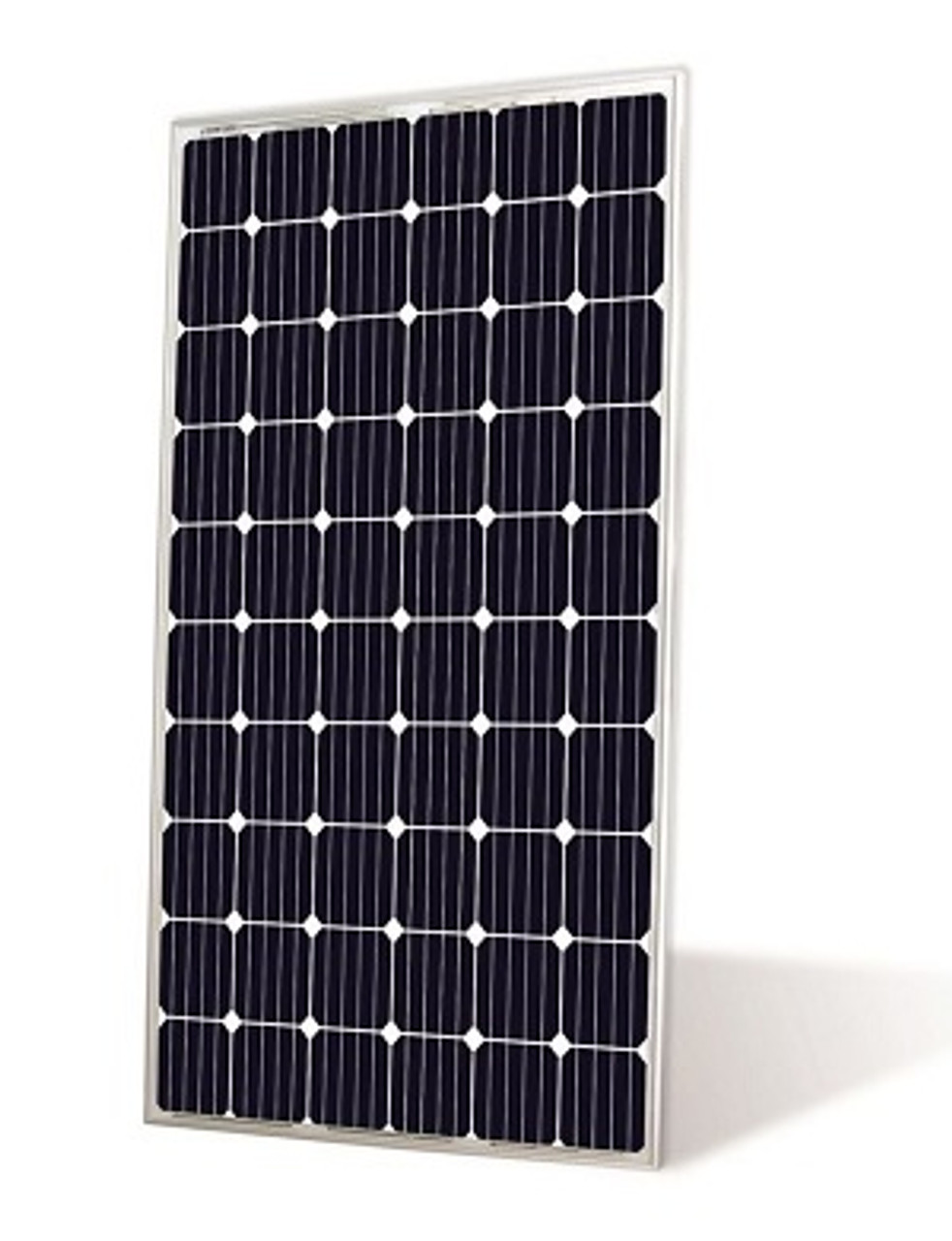The Impact of Inverter Battery Technology on Renewable Energy Integration
Inverter battery technology plays a crucial role in the integration of renewable energy sources such as solar and wind power into the grid. These technologies help in storing excess energy generated by renewables during periods of high production and releasing it when energy demand is high or when renewable sources are not as productive.
Kan 12v. 220AH Solar Tubular Battery
Some of the Key Impacts of Inverter Battery Technology on Renewable Energy Integration include:
1. Energy storage: Inverter battery technology enables the storage of excess energy generated by renewable sources, which can be used during peak demand periods or when renewable sources are not producing enough energy. This helps in reducing the intermittency and variability associated with renewable energy sources, making them more reliable and consistent options for power generation.
2. Grid stability: By storing energy in batteries, inverter technology helps in stabilizing the grid by providing a buffer against fluctuations in renewable energy production. This can help in maintaining a balanced supply-demand equation and reducing the need for backup power sources or grid upgrades.
AGM Battery Rechargeable VRLA 12V 120AH Lemax
3. Maximizing renewable energy utilization: Inverter battery technology allows for the maximization of renewable energy utilization by storing excess energy and releasing it when needed. This helps in increasing the overall efficiency of renewable energy systems and reducing waste.
4. Improving energy independence: Inverter battery technology enables users to store energy generated from renewable sources on-site, reducing their reliance on the grid and increasing energy independence. This can be particularly beneficial for remote or off-grid locations where access to reliable grid power is limited.
Pure Sine Wave Inverter 7.5KVA 120V Lento
5. Integration of distributed energy resources: Inverter battery technology supports the integration of distributed energy resources such as rooftop solar panels and small wind turbines into the grid. By storing energy locally, these resources can contribute to overall grid stability and resilience.
Advanced Features and Technologies in Inverter Batteries
Inverter battery technology has come a long way, with several advanced features and technologies available in the market. Here are some notable advancements:
- Smart monitoring systems: Some inverter batteries come with built-in monitoring systems that allow you to track the battery's performance and health in real-time. These systems provide valuable insights and ensure optimal battery utilization.
- Remote monitoring and control: Certain inverter batteries can be connected to mobile apps or web portals, enabling remote monitoring and control. This feature allows you to check the battery status and control its functions from anywhere.
- Battery management systems: Advanced inverter batteries feature intelligent battery management systems that optimize charging and discharging processes, resulting in improved efficiency and longer battery life.
Solar Panel (Mono PERC) 390watt Tescom
Conclusion
In conclusion, inverter battery technology plays a crucial role in the integration of renewable energy sources into the grid by providing energy storage capabilities, improving grid stability, maximizing renewable energy utilization, enhancing energy independence, and supporting the integration of distributed energy resources. As renewable energy sources continue to play a larger role in our energy mix, inverter battery technology will be essential for unlocking their full potential and ensuring a sustainable and resilient energy future.
Inverter batteries have revolutionized the way we deal with power outages. From residential to commercial use, there are options available to suit every need and budget. When choosing an inverter battery, consider factors such as battery type, capacity, voltage, and maintenance requirements. Take advantage of the latest advancements in battery technology to ensure reliable backup power. With our expert recommendations, navigating the world of inverter batteries becomes a breeze. So, power through those power cuts without the worry of disruptions and choose the right inverter battery for your needs.
Related Articles:
The Best Inverter Battery in Nigeria 2023 Review
A Guide to Choosing Long-Lasting Inverter Batteries for Solar Systems
Navigating the World of Inverter Batteries: Expert Recommendations for Every Need










